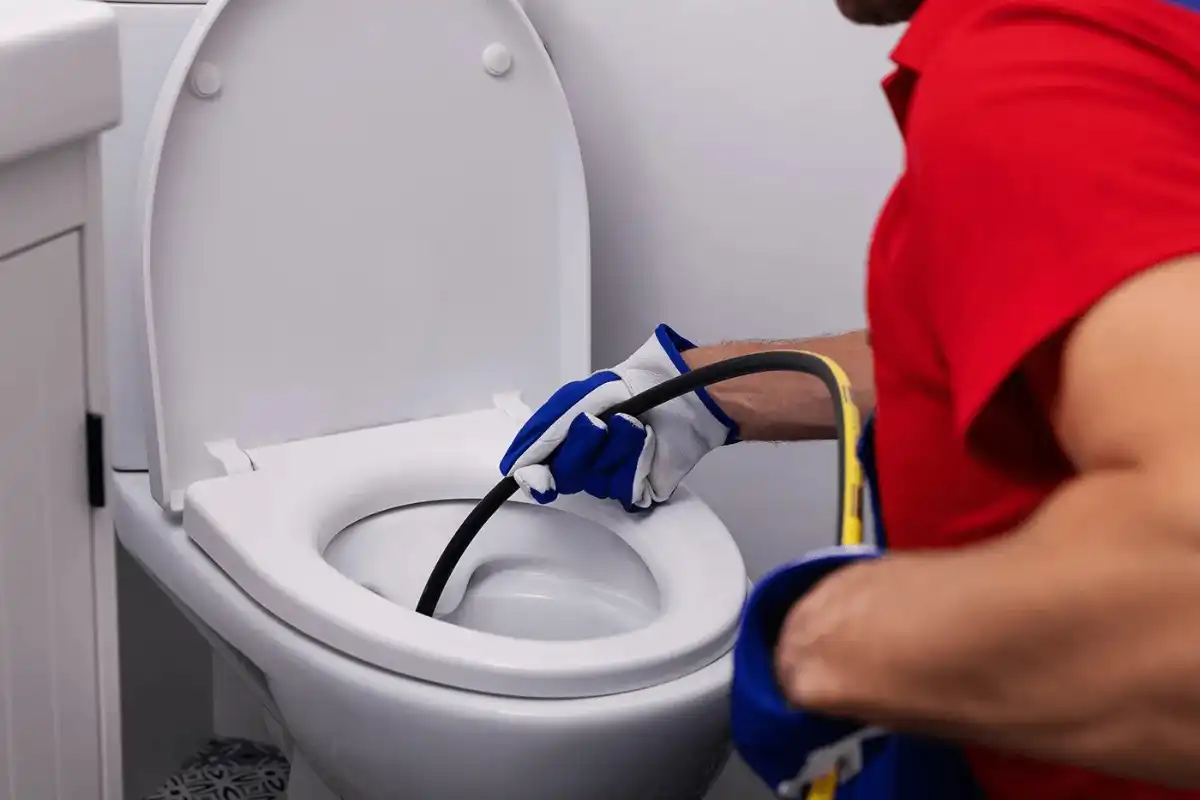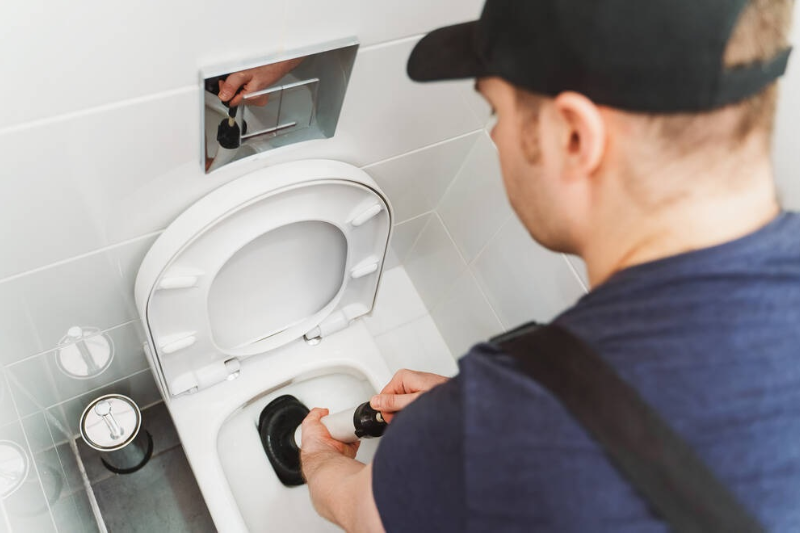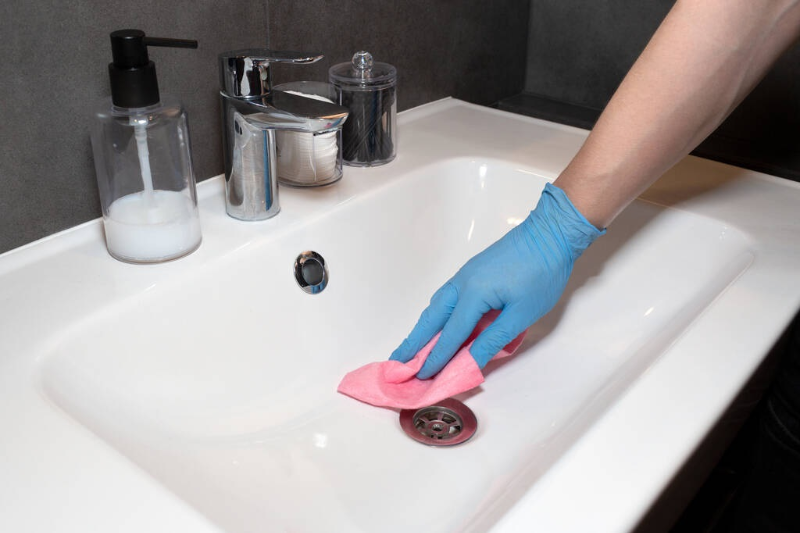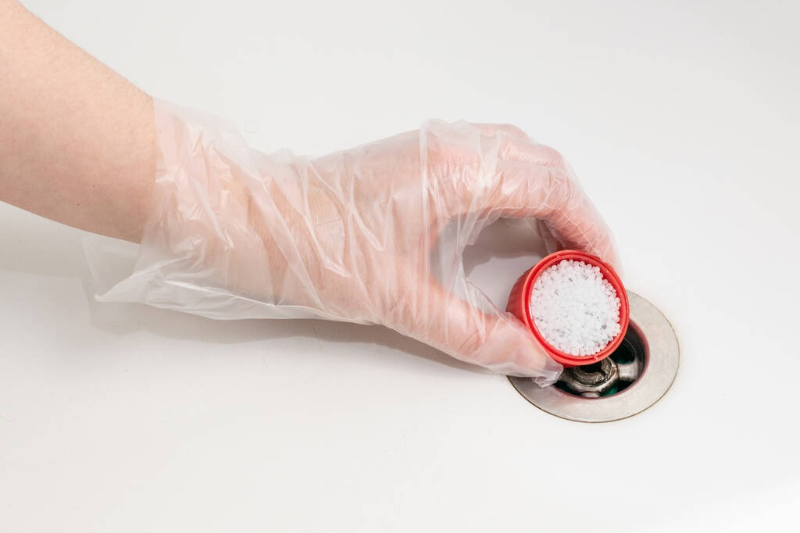
Blocked or clogged drains are the most common plumbing issues homes and businesses face. This usually occurs for different reasons, including flushing too much paper down the toilet, allowing air into the shower drain, or placing other items that could clog the drain. Irrespective of what causes the clog, it’s important to know effective ways to unclog the drain.
You can unclog your drains with the best and most effective methods, including sinks, showers, and toilets; this article provides easy methods and recommendations on how you can unclog any drain. Continue reading to find out more.
Keep the Drain Cleaner Aside
One of the first things people do whenever they notice their drain is clogged is to get a drain cleaner. However, this is not the recommended thing to do, and you should be going for drain snakes or your plunger first.
Even though most homeowners go for products to unclog their drains, experts recommend avoiding using cleaning products or other chemicals because they can corrode your pipes and cause more intense damage.
These drain cleaners create chemical reactions within the pipes, and hydrochloric acids usually catalyze this. Also, the reaction generates heat, causing irreversible damage to the pipes and other plumbing components. The chance of this occurring is higher in cases where the drain cleaner doesn’t complete the job quickly.
With that, the liquid chemical will sit over the clog, concentrating the chemical reaction on just a section of the pipe. If you plan to use drain cleaners, it should be only once in a while, and your reaction should always be to get a plunger first, not a chemical cleaner.

Tools Needed
To get started, here’s what you’ll need:
- One of the critical tools you need is a plunger. This is one of the best tools most plumbers like to keep, and you can use it in toilets, tubs, and sinks.
- A plumber’s snake or cable auger will help you dislodge clogs far down the drainpipe. They come in varying sizes and lengths and are one of the most effective tools you’ll need.
- Baking soda and vinegar will help you dissolve clogged particles easily. You can also use boiling water for this purpose.
How To Unclog a Toilet
At some point, you must unclog your toilet. Don’t panic if you’re faced with this condition, as you can quickly unclog the toilet if you have the right tools with you. All you must do is accurately determine the cause of the clog. If you notice your drain is clogged, don’t rush to flush the toilet again because this can cause it to overflow and cause a mess.
Before you attempt to diagnose the clog, you should grab a toilet plunger. There are varying types on the market, but professionals recommend using plungers with extension flanges toward the end of the bell. This is because they are simpler to use and create a seal over the toilet bowl easily.
Ensure that there’s water in the bowl before you plunge your toilet. Also, place the angle such that the plunger forms a seal over the toilet drain. The first push shouldn’t be with much force because there might be air within the bell, which can cause water to splash out of the toilet with vigorous force.
Once the air has vacated the plunger, you can start pushing the plunger in and out with more power in repeated motions. Doing this repeatedly will force water in and out of the drain, and this will easily loosen the clog. This process might take some time, but it’s the best option to use for your clogged toilet. As mentioned earlier, avoid using drain cleaners to unclog your toilet.
How To Unclog a Sink Drain

If you notice that your kitchen sink or bathroom sink is clogged, there are a few ways to unclog the drain. The first option to consider is to boil water and pour it down the drain. Hot water is enough to melt soap scum or grease that could be causing the sink drain to clog.
Another option to consider is making a homemade drain cleaner, which you can make out of pantry staples. This is a viable choice to consider if hot water doesn’t work. You must create a mixture of equal portions of baking soda and vinegar before you pour it directly into the drain.
This will cause it to foam and fizzle, thereby dislodging the clog. This is an excellent choice to consider, especially if you don’t have standing water in the sink. If this option doesn’t work, you should consider using a plunger.
There are varying types of plungers designed for sinks on the market, and it’s a great tool to help you unclog your sinks. The process of plunging a clogged sink is similar to using plungers for your toilet.
How To Effectively Unclog a Shower or Tub Drain
The accumulation of hair or other particles in the drain usually causes a slow-draining bathtub or shower. There are many means to unclog your drain, and you can apply the tips for sink drains above. If these tips don’t work, consider getting a drain snake. This is typically the top way to clear a clogged pipe.
Using a drain snake is also easy; simply insert the wire into the drain. There might be resistance during the process, primarily upon reaching the clog. You only need to twist the snake into the material, slowly pull the drain snake out of the pipe, and throw the clog away. You can repeat this process to properly clear the drain clog.
Tips To Prevent Future Clogging Drains
After clearing your clogged drain, it’s vital that you know how to prevent future clogs from occurring, and there are a few ways to achieve this. Here are some tips to guide you:

Use your disposal properly
Not everything can be thrown down the sink or bathroom drain, and letting the wrong items enter your drain will only cause more problems. Things like potato peel, grease, fat, small bones, hair, and fibrous materials should be emptied into a trash can and not down your drain.
Consider buying a screen trap
Screen traps are very affordable and a great addition to your sink and shower drains. This will help you capture debris and hair particles before they go down the drain.
Avoid flushing foreign objects
Only flush down waste, toilet paper, and water. Anything outside this can cause it to clog. Avoid flushing wipes down your toilet, as it can cause irreversible problems.
Use enzymatic cleaners
Today, there are different types of cleaners available, but not all of these cleaners are good for your drains. Some contain chemicals that can cause damage to the drain. The best type of drain cleaners to use on your plumbing system are enzymatic drain cleaners.
Enzymatic cleaners are designed to break organic materials easily, especially those that cling to the walls of the piping system. This is a fantastic way to prevent clogs in the near future, and it also assures that your piping and septic systems stay safe.
Unclog Your Drains Professionally
If you continue to experience clogs even after trying everything above, you know it’s time to call in the services of an expert plumber. Professional plumbers are trained, licensed, and equipped and will help inspect your home’s drains and drainage system to gauge the cause of the clog.
This is a great approach and an effective way to get a long-lasting solution to the problem. Drain cleaning is essential and will help you prevent future damage from occurring. A professional can also help you perform drain cleaning and provide professional advice.
Sugar Bear Home Services Gets It Done, Just Right!
If you're looking for the highest quality, professional plumbing services, call our team today!















